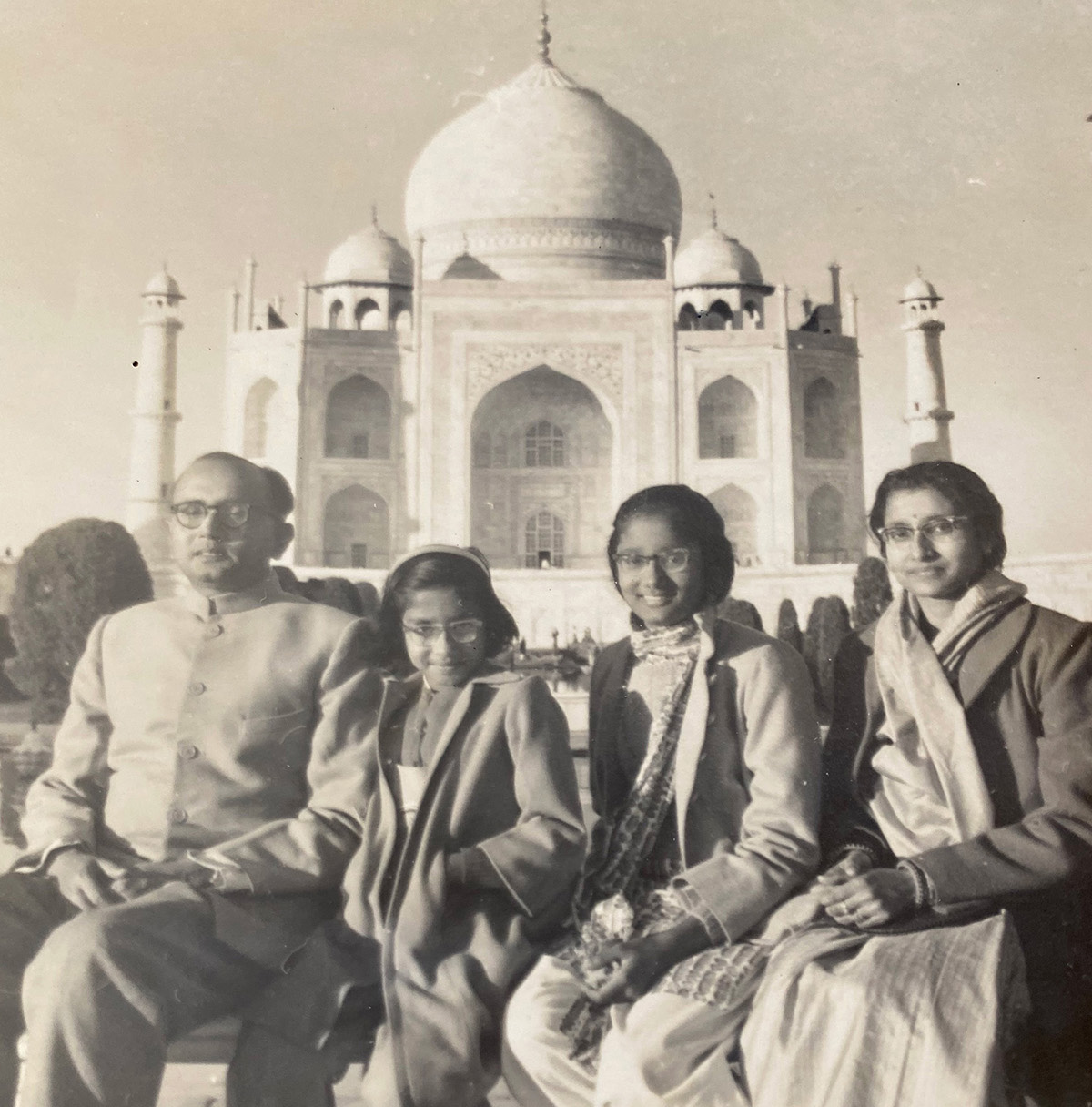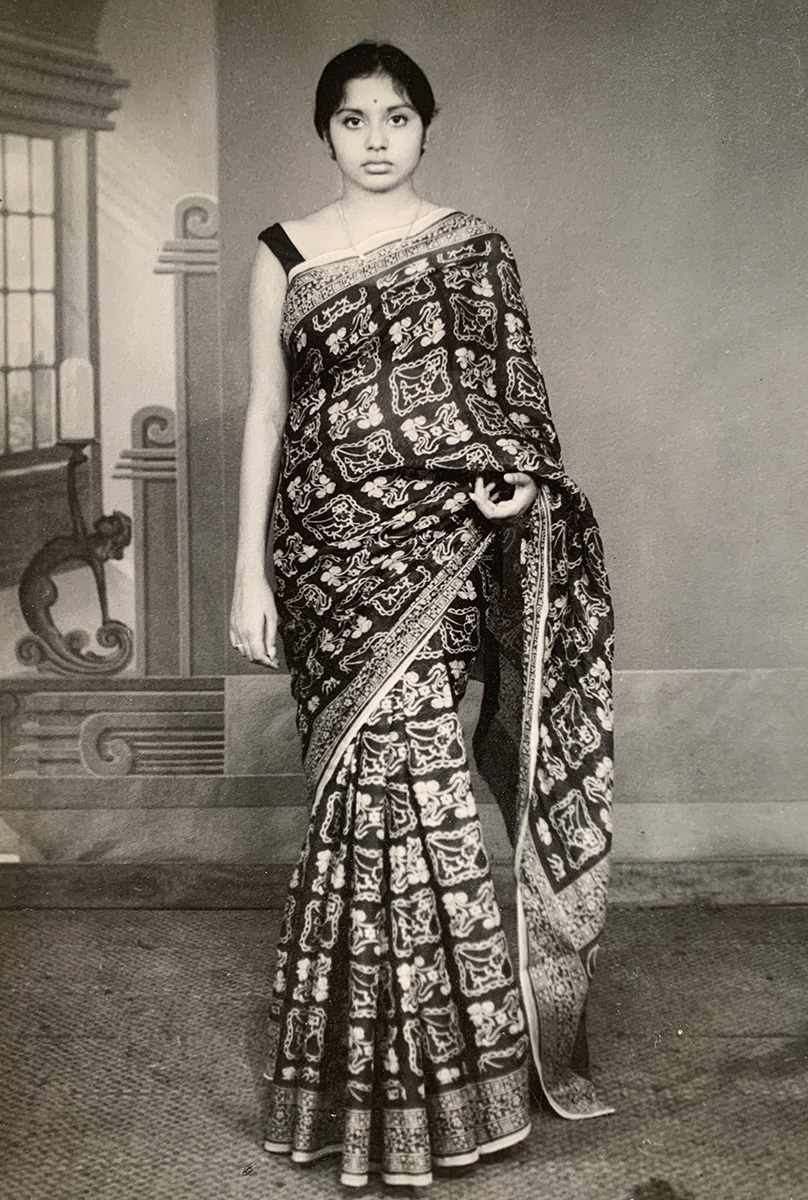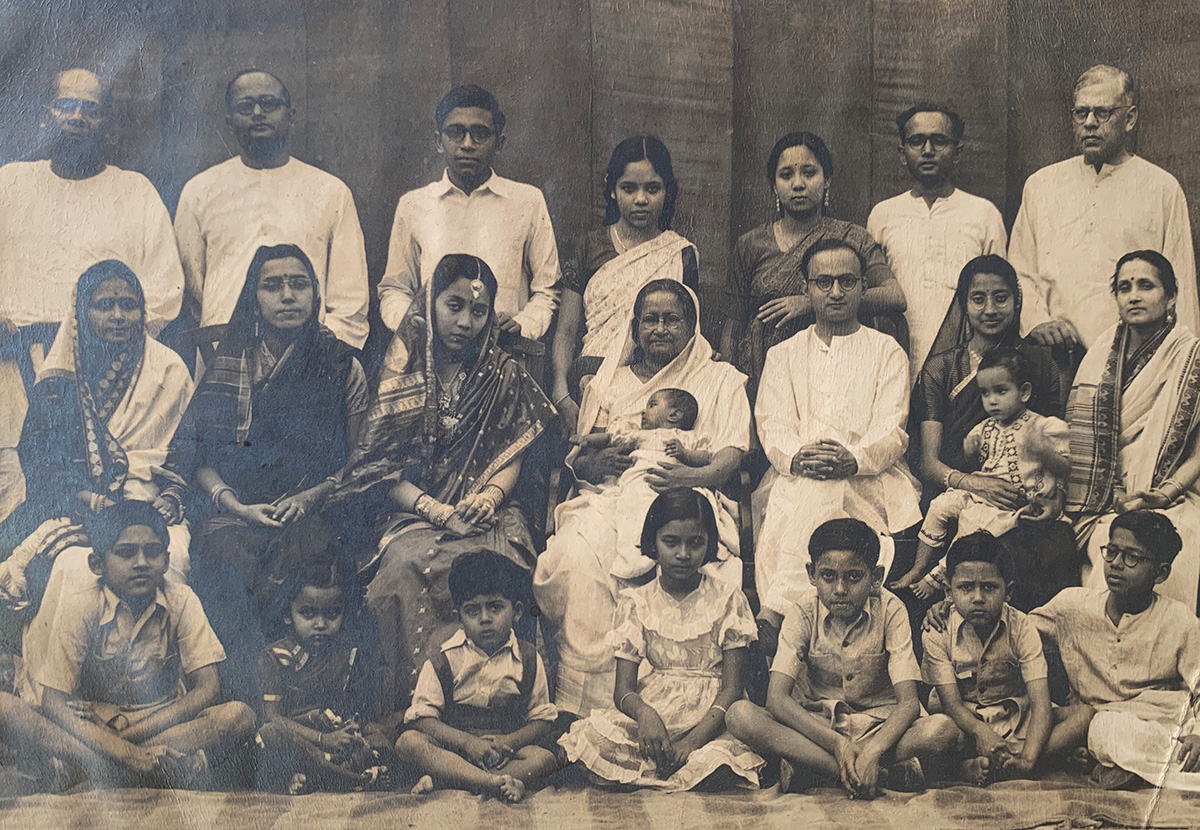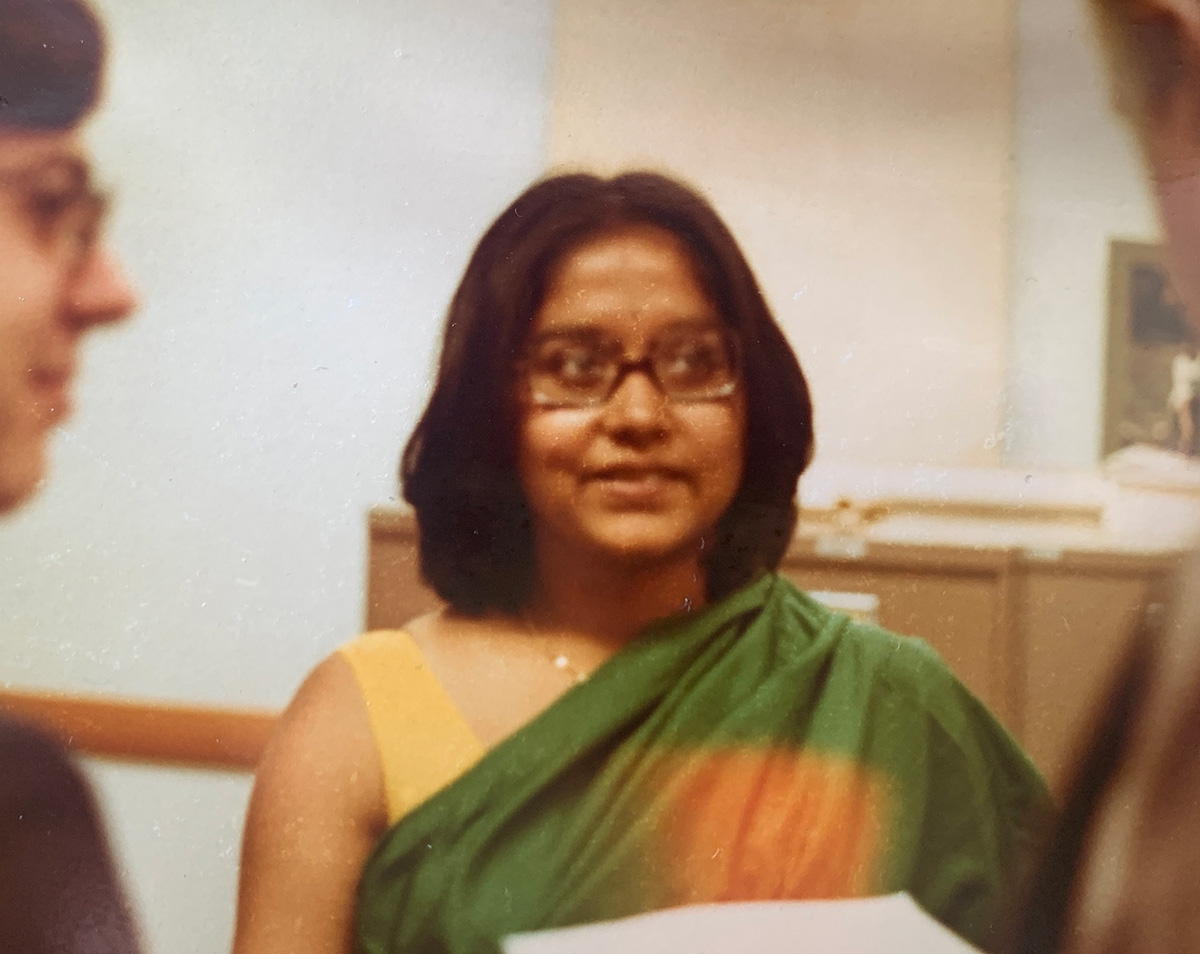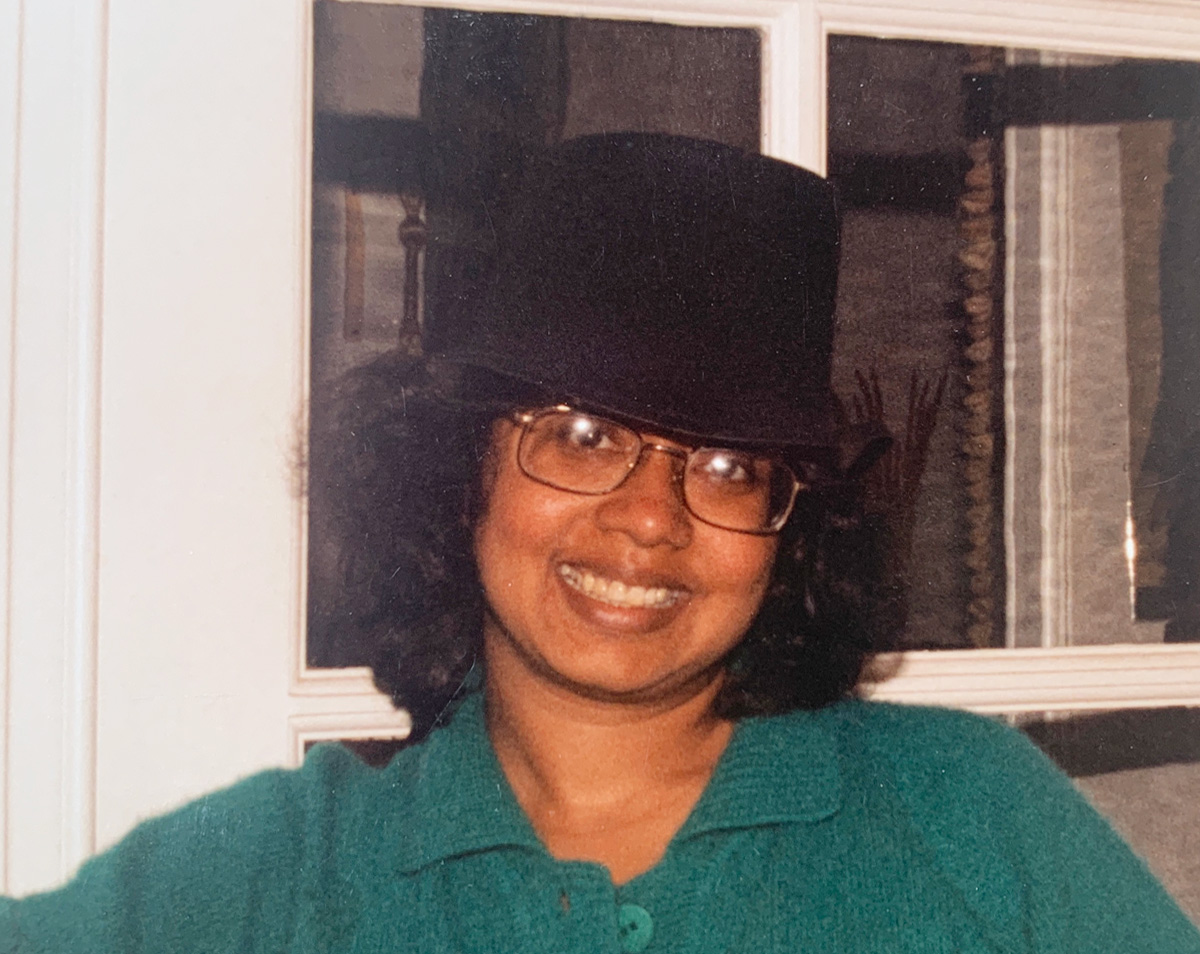She has lasting memories of the fierce heat of her teenage years. Her father, a civil engineer, was always worried about construction workers laboring under the blazing sun. It was her first encounter with the unforgiving power of nature.
Encounter with public health
After completing her secondary education (11-17 years old), Debby entered the University of Calcutta to pursue a degree in literature. This decision was largely influenced by her paternal uncle, the eldest member of her extended family.
At that time, it was widely believed that a girl from a good family should be trained in proper etiquette and acquire a broad liberal arts education, to secure a good husband. Literature was considered to be the best field of study for such ladies.
While everyone was encouraged to show their abilities, it came at the cost of constant competition. Debby learned this firsthand in her college days in the US. She immersed herself in studies from morning to night, developing a strong competitive spirit.

